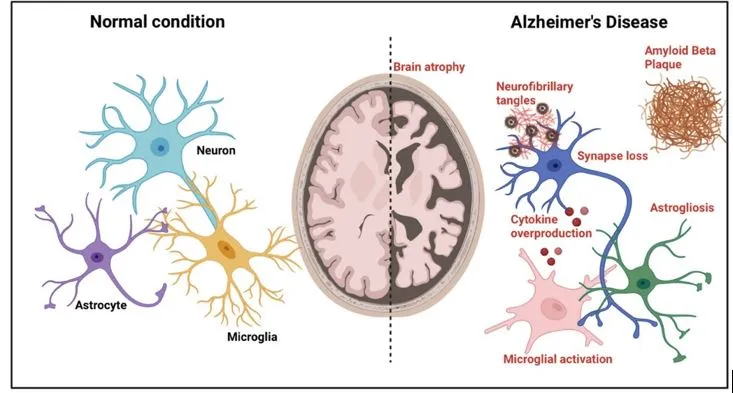

12th June 2024 (12 Topics)
Context
The US Food and Drug Administration (FDA) has unanimously voted in favor of administering Donanemab, a new Alzheimer's drug.
What is Donanemab?
- Donanemab is a monoclonal antibody, much like its predecessor Lecanemab, designed to target amyloid beta protein plaques in the brain, a characteristic feature of Alzheimer's disease that can be observed through imaging techniques.
- Other amyloid-fighting drugs, such as Leqembi and Biogen, were approved by the FDA last year.
- Donanemab can significantly slow down cognitive decline in early Alzheimer's patients by 35.1% over a span of 76 weeks.
- It is currently the only one of its class available to Alzheimer’s patients, outside clinical trials.
Side Effects and Risks
- Studies indicate that it may result in slightly higher adverse events compared to Lecanemab.
- Apart from infusion-related reactions, the main concern lies in amyloid-related imaging abnormalities (ARIA), including brain swelling and bleeding.
- The study revealed that 24% of participants experienced ARIA involving brain swelling, and 19.7% had ARIA involving brain bleeds. However, it's worth noting that most of these cases were asymptomatic.
Fact Box: Alzheimer's Disease
|



